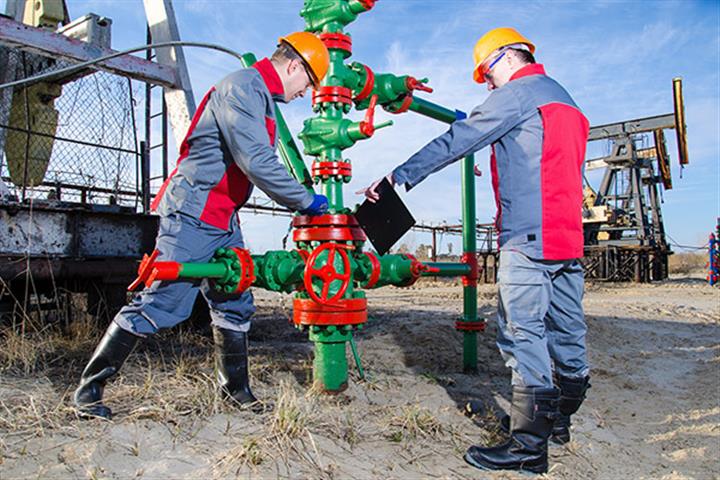- About Us
- Training Programs
- Services
- Blog
- Certificate Verification
- Gallery
- Contact Us
- Log in
Login
Looking to
create an account?
Already have an account?
Login
Already have an account?
Login
Change number
Login






comments (0)